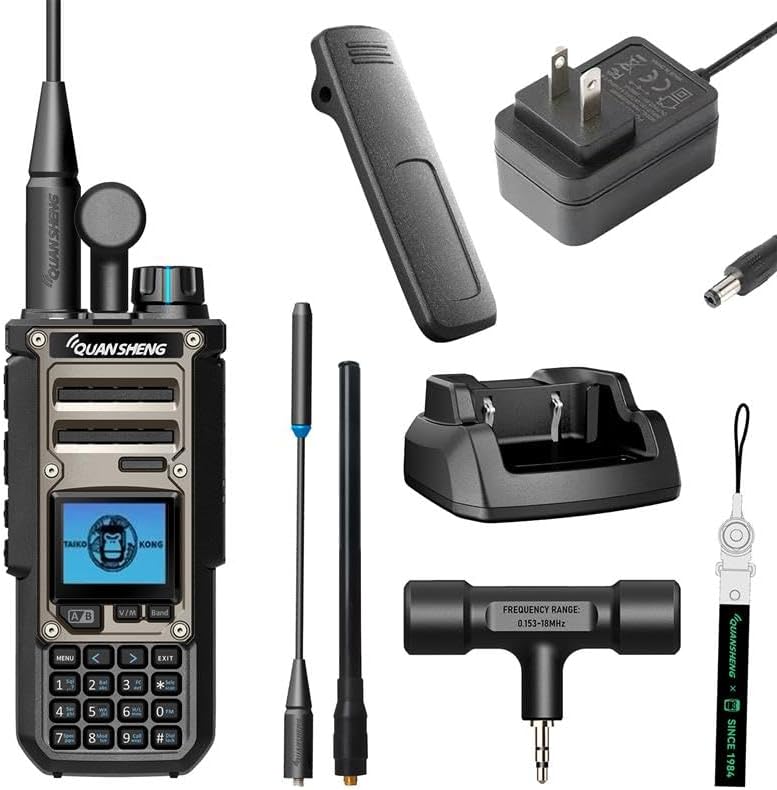Amateur Radio Field Day is an annual event that serves as a showcase of the skills and camaraderie within the amateur radio community. Typically held on the fourth full weekend of June, this event brings together amateur radio operators—often referred to as "hams"—to practice their communication skills, test equipment, and enjoy a sense of community while promoting the hobby to the public.
What is Amateur Radio?
Amateur radio is a popular hobby that allows licensed individuals to use designated radio frequencies for non-commercial communication, experimentation, and emergency response. Hams use various modes of communication, including voice, text, and digital signals, to connect with others around the world. The spirit of amateur radio emphasizes technical knowledge, public service, and community involvement.
The Purpose of Field Day
Field Day serves multiple purposes:
Emergency Preparedness: One of the primary goals of Field Day is to prepare amateur radio operators for emergency situations. Hams set up portable stations, simulating conditions they might face in a real emergency where traditional communication infrastructure may fail. This exercise helps operators hone their skills in setting up equipment quickly and efficiently.
Public Outreach: Field Day is also a great opportunity for amateur radio clubs to engage with the public. Many operators set up booths or invite visitors to try their hand at operating a radio, fostering interest in the hobby and educating attendees about the benefits of amateur radio, especially in emergency communications.
Competition and Fun: While the event emphasizes preparedness, it also has a competitive edge. Operators work to make as many contacts as possible within a 24-hour period, earning points for each successful communication. This adds an element of excitement and encourages teamwork among club members.
Setting Up for Field Day
During Field Day, participants set up their equipment in various locations—parks, fields, or even their backyards. They often operate in groups, sharing knowledge and resources. Clubs typically use portable antennas and generators to power their stations, showcasing their ability to adapt to different environments.
Operators communicate across various bands and modes, from HF (high frequency) for long-distance communication to VHF/UHF (very high frequency/ultra-high frequency) for local contacts. Many participants also experiment with digital modes, using computers and specialized software to transmit and receive signals.
The Community Aspect
At its core, Field Day is about building and strengthening community ties. It fosters camaraderie among hams as they collaborate, share experiences, and support each other. Newcomers are often welcomed with open arms, allowing them to learn from seasoned operators and gain confidence in their skills.
In many areas, local clubs host potlucks or barbecues during Field Day, turning the event into a festive gathering where hams can relax, share stories, and enjoy each other's company. This blend of technical skill and social interaction is one of the most cherished aspects of the event.
Conclusion
Amateur Radio Field Day is more than just a contest; it’s a celebration of communication, community, and preparedness. Whether you're a seasoned operator or a curious newcomer, Field Day offers an opportunity to connect with others, learn new skills, and appreciate the vital role amateur radio plays in our world. As the event approaches each year, the excitement builds within the amateur radio community, reminding everyone of the power of connection—both in times of emergency and in everyday life.

No comments:
Post a Comment